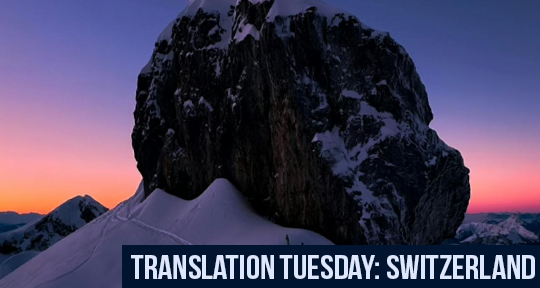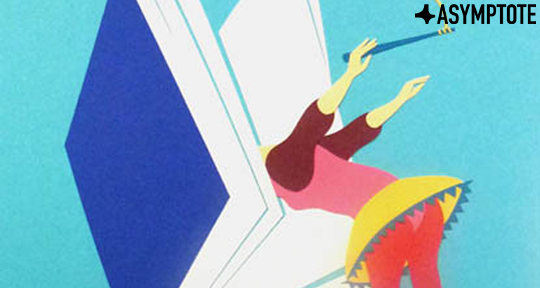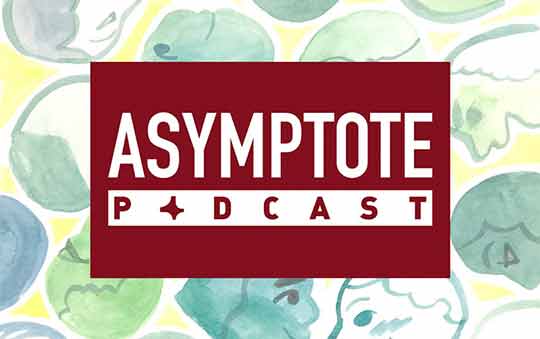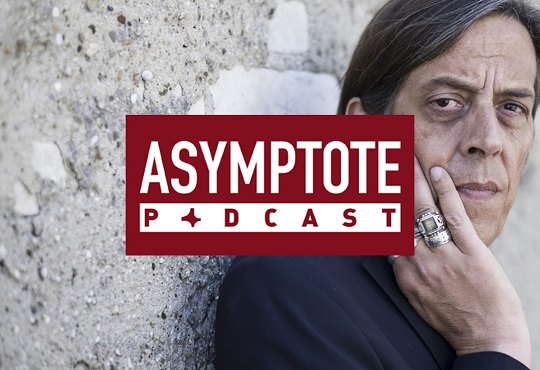This Translation Tuesday, in honor of Pride Month, we present a fiction excerpt from the desk of Swiss novelist Annemarie Schwarzenbach, written ninety-four years ago and now translated by Natalie Mariko. In these impressionistic scenes, the nameless, genderless narrator (a thinly-veiled insert for Schwarzenbach herself) is drawn continually to the thought of Ena Bernstein, their unseen fellow guest at an alpine ski-lodge. In Schwarzenbach’s hands, the gossipy high-society atmosphere of the ski-lodge gives way to a quasi-mystical perception of the natural world, which is reinforced by the ineluctable “oceanic unknown” of the narrator’s desire for women. “The ardent love which had always tethered me to this landscape grew in a violent way,” Schwarzenbach writes, as the narrator’s longing for Ena refracts the mundanity of everyday life into something beautiful and strange––a powerful reminder of how our desires can enrich the world. Read on!
To see a woman: just for a second, just in the short space of a look, and then to lose her again somewhere in the dark of a hall, behind a door I’m not allowed to open—but to see a woman and in the same moment to feel that she also saw me, that her eyes hung puzzled, as if we were meant to meet one another at the stranger’s threshold, along this obscure and melancholic borderline of awareness . . .
Yes, to feel in that moment how she also faltered, almost painfully halted in the hall of her thoughts, as if her nerves contracted, being touched by mine. And if I wasn’t tired then I wouldn’t have been bewildered by the day’s memories: still, I saw fields of snow, and thereupon the long evening shadows; saw the bar throngs, girls passing by to be sloughed like puppets from their partners, carelessly laughing back over their thin shoulders, the blustering jazz starting alongside their laughter. And before it blew again I took refuge in a small corner, Li waving there, her little face quivering white under high, shaved brows. She slid her glass back to me—stubbornly forcing me to drink the whole thing—and laid her slender hands on the Norwegian’s neck. She floated past dancing, and he hung with his eyes at her lips.






